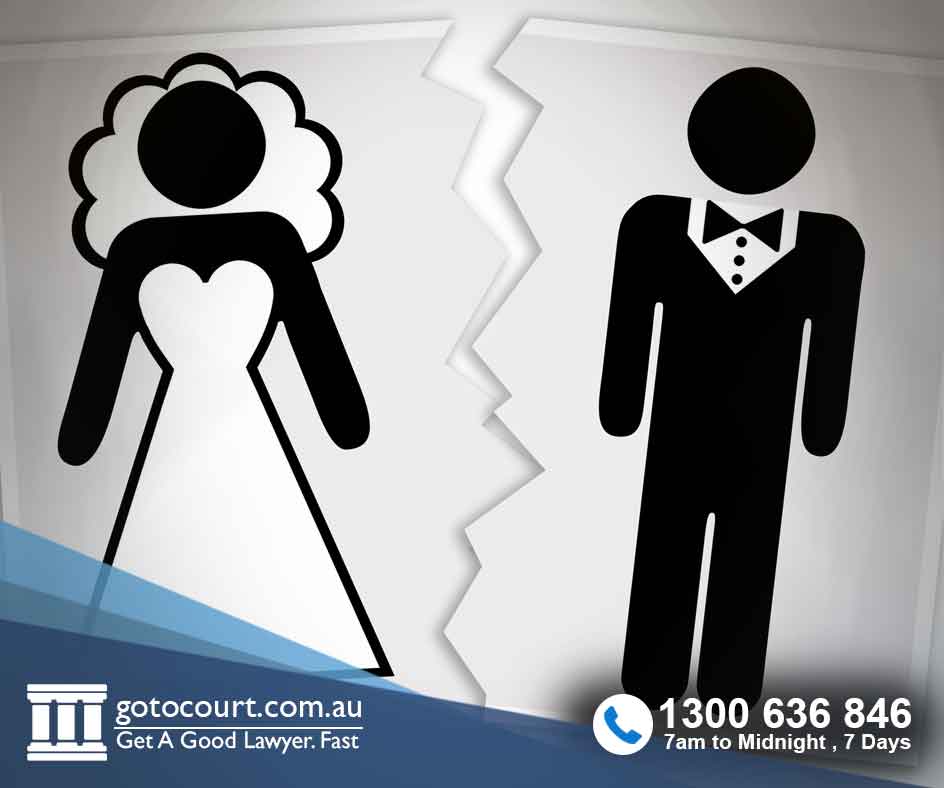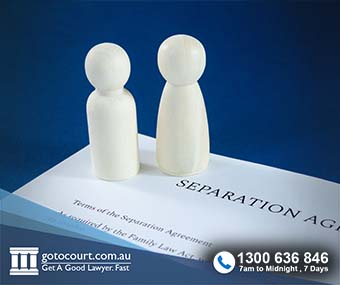Can Violent Conduct Affect a Property Settlement?
Can Violent Conduct Affect a Property Settlement?
Under the Family Law Act, property settlements are decided based on how much each party has contributed to the relationship, both in financial and non-financial terms. The conduct of partners during the course of a relationship isn’t generally a relevant factor. But what if a relationship has involved serious violence to one of the parties? Is there any way violent conduct by one partner can be taken into account in a property settlement?
Kennon v Kennon
The 1997 Family Court of Australia decision of Kennon v Kennon considered whether domestic violence could alter the outcome of a property settlement. In that case, the husband had a significantly higher income than the wife and had brought significantly more assets to the relationship. The wife alleged a course of violent conduct against her, consisting of seven specific allegations of physical violence, arguing that this conduct should result in a property adjustment in her favour.
The court found that Sections 75 and 79 of the Family Law Act 1975 could be used to assess the financial consequences of domestic violence if the following three elements could be satisfied:
- A course of violent conduct could be established;
- The violent conduct had had a discernible impact on the victim;
- The victim’s contributions to the relationship had been significantly more arduous because of the domestic violence.
The judge in Kennon made it clear that it was not sufficient for a party in this situation to make generalised allegations of violence. Rather, it was necessary for the victim to provide separate particulars for each instance of violence alleged. If the violent conduct could be proved and a causal relationship could be established between the violence and the victim’s difficulty in making contributions to the relationship, an adjustment could be made.
The financial consequences of domestic violence are to be assessed based on the victim’s physical and mental health, their financial circumstances and their capacity to obtain meaningful employment. An adjustment will only be made where the court considers there would be significant financial consequences for not making an adjustment and where there is significant evidence of domestic violence.
The legislation
Section 75 of the Family Law Act sets out the matters that courts can take into account in deciding when to award spousal maintenance. The relevant factors under this provision are the age and health of the parties, the income and financial resources of parties, the responsibilities parties have for supporting children or others and whether parties have a reasonable standard of living. Spousal maintenance is awarded when one partner in unable to adequately support themselves after separation and where there is inequality in financial means.
Section 79 of the Family Law Act provides that a court can make any order it considers appropriate when deciding a property settlement. This section means that property matters are decided in a discretionary manner. Many factors that courts can consider when making property orders are not spelled out in the legislation. Accordingly, the impact of domestic violence on a property settlement is not set out in the act.
What are the consequences for victims of violent conduct?
The consequences of the Kennon decision are that a party to a property settlement can seek an adjustment based on the argument that his or her contribution to the relationship was made ‘more arduous’ by violent conduct by the other partner.
A party cannot receive an adjustment purely because they were the victim of serious domestic violence. There must be evidence that the violence significantly impacted their ability to contribute to the relationship, making their contribution more arduous. The court made it clear that this argument would be applicable in only a ‘narrow band of cases.’
Criticisms of the Kennon decision
The Kennon decision was handed down over twenty years ago. It has had little effect on the post-separation property divisions ordered by courts. Studies have shown that women who have been severely abused by partners are still likely to receive less than 40% of the asset pool upon settlement.
The decision has been criticised for failing to consider the complexities of domestic violence and the long-term effects it can have on victims. It has also been criticised for failing to provide definitions of the terms ‘discernible impact’, ‘course of conduct’ and ‘violent conduct’.
The broader difficulties of proving domestic violence, which typically occurs in private in the absence of independent witnesses, make the Kennon approach problematic. Furthermore, it is difficult to prove the impact of violence of the contributions of a party to a relationship, which may not be as direct or provable as the decision presupposes.
It has been suggested that a preferable approach to property adjustments in cases of serious domestic violence would be to consider what the victim’s contribution would have been but for the domestic violence.
If you require legal assistance please contact Go To Court Lawyers.

Affordable Lawyers
Our Go To Court Lawyers will assist you in all areas of law. We specialise in providing legal advice urgently – at the time when you need it most. If you need a lawyer right now, today, we can help you – no matter where you are in Australia.How It Works




1. You speak directly to a lawyer
When you call the Go To Court Legal Hotline, you will be connected directly to a lawyer, every time.

2. Get your legal situation assessed
We determine the best way forward in your legal matter, free of charge. If you want to go ahead and book a face-to-face appointment, we will connect you with a specialist in your local area.

3. We arrange everything as needed
If you want to go ahead and book a fact-to-face appointment, we will connect you with a specialist in your local area no matter where you are and even at very short notice.

















